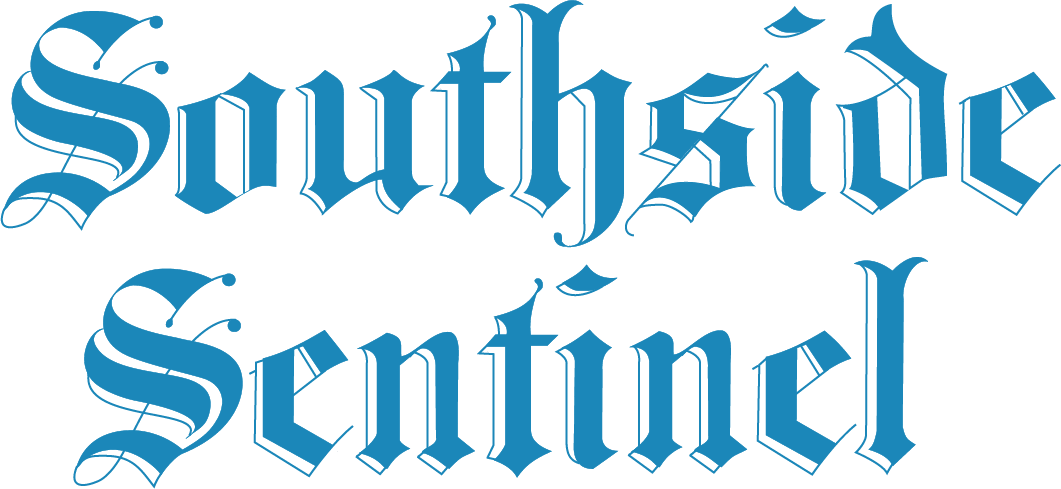On March 13 Virginia Governor Ralph Northam ordered all K-12 schools in Virginia to close for a minimum of two weeks in response to the continued spread of novel coronavirus, or COVID-19.
Schools will close from Monday, March 16, through Friday, March 27, at a minimum. Localities will maintain authority over specific staffing decisions to ensure students maintain continuity of services or learning, while protecting the public health of teachers and staff.
“We are taking this action to keep Virginians as safe and healthy as possible, and to minimize exposure to COVID-19,” said Governor Northam. “I recognize this will pose a hardship on many families, but closing our schools for two weeks will not only give our staff time to clean and disinfect school facilities, it will help slow the spread of this virus.
“This is a fluid and fast-changing situation. We will do everything possible to ensure that students who rely on school nutrition programs continue to have access to meals, and that the disruption to academics is as minimal as possible.”
Virginia Department of Education officials are working closely with school divisions and the Department of Social Services to ensure students who qualify for free or reduced lunch programs are able to access those programs while schools are closed. The Department of Education will issue guidance and memos to superintendents across the Commonwealth to provide specifics about the continuity of education, school nutrition, and updated public health guidelines.
“We recognize this decision places burdens on many of our parents and families, especially for those who rely on school nutrition programs for access to healthy food for their children,” said Secretary of Education Atif Qarni. “However, we believe closing Virginia schools is in the Commonwealth’s best interest as we seek to stop the spread of COVID-19. Virginia will continue to explore and implement innovative approaches to provide meals to students who qualify for free and reduced lunch during this closure.”
School officials are also working to minimize disruptions to instructional time.
“The Department of Education is working closely with divisions to minimize disruptions to our students’ academic development by encouraging schools to provide students and families with educational resources throughout this time,” said Dr. James Lane, State Superintendent of Public Instruction. “We are committed to help divisions address all the implications of these closures and will seek to provide each division with maximum flexibility to address local needs as they arise, especially as it relates to make-up days.”
On March 12 Governor Northam declared a state of emergency for Virginia, which will provide increased flexibility to ease regulatory requirements and procurement rules, continue federal and multi-state coordination, and ensure continued access to critical services for the most vulnerable Virginians.
Governor Northam also halted specially-scheduled state events and conferences for 30 days, and banned out-of-state travel for state employees, with allowances for individuals in border communities.
The Commonwealth of Virginia continues to execute a multi-agency response plan across all levels of government. Ongoing statewide efforts include the following:
Justice-Involved Populations
- The Department of Corrections (DOC) has canceled offender visitation at all facilities until further notice. Off-site video visitation is still available.
- A dedicated COVID-19 public information line with an updated, recorded message is operational. The phone number is 804-887-8484.
- DOC has implemented a screening protocol for offenders coming into state facilities from local jails.
- Virginia provided detailed guidance to correctional facilities and other work locations regarding approved hand washing, sanitizing, and disinfectant products, and instructions for the proper use of those products to provide protection from COVID-19.
State Workforce
- The Department of Human Resource Management (DHRM) has directed all state agencies to update their emergency operations and paid-leave policies, and Virginia will begin implementing a phased transition to teleworking for state employees.
- Virginia is setting an example by activating paid Public Health Emergency Leave for state employees who have recently traveled to high-risk areas.
- All official travel outside of Virginia by state employees has been halted, with increased flexibility for inter-state commuters and essential personnel. State employees have been advised to limit in-person meetings and non-essential work-related gatherings. Specific guidance will be released to agency heads and state employees, and Virginia will revisit these guidelines after 30 days.
Vulnerable Populations
- The Department of Medical Assistance Services and the Department of Social Services are preparing options to ensure the most vulnerable populations have continued access to critical services, including the potential for in-home care and food support.
- In the event of extended school closures, the Department of Social Services is working with local partners, such as food pantries, to ensure no one goes hungry.
Transportation
- The Department of Rail and Public Transportation is coordinating with Metro, Amtrak, Virginia Rail Express, and transit agencies across Virginia to adjust cleaning schedules according to CDC protocol.
- Washington Dulles International Airport is one of 11 airports designated by the federal government to receive flights from China. The CDC is conducting screenings of passengers at Dulles who have been in China or Iran during the past 14 days.
- Virginia is also working with transportation partners to help reduce the potential spread of disease.



